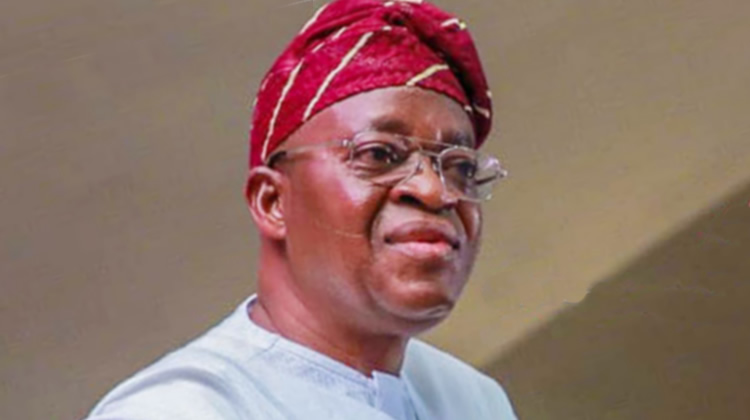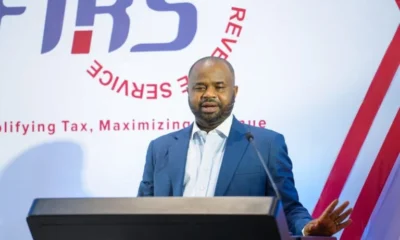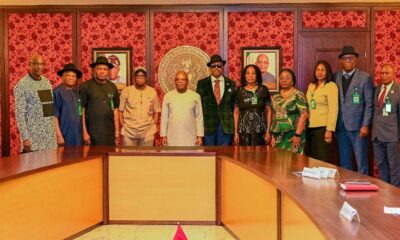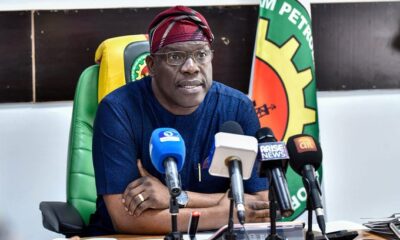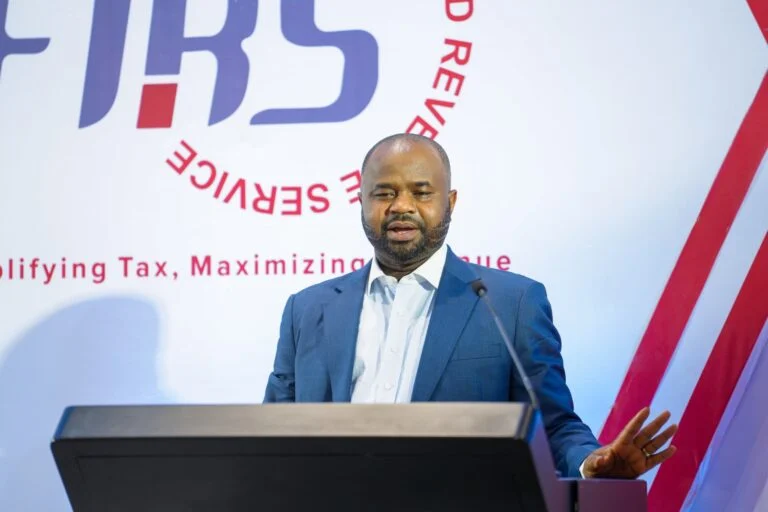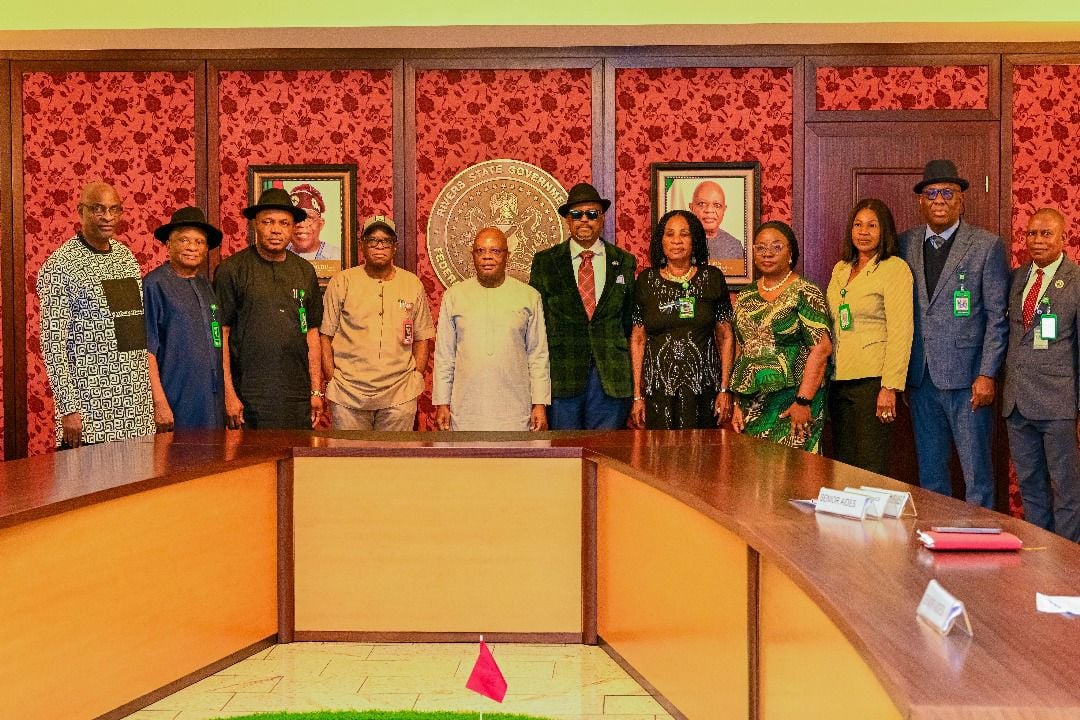The Minister of Marine and Blue Economy, Adegboyega Oyetola, has revealed that the Lekki Port is expected to provide $200bn in revenue for the government across its 45-year concession period. He gave the projection on Wednesday in Lagos at a breakfast meeting organised by the Nigerian Chamber of Shipping in partnership with Lekki Port.
He explained that since the port began commercial operations, it has helped reduce congestion issues in Lagos and other ports, while also boosting Nigeria’s standing as a competitive logistics hub.
Oyetola pointed out that the world-class infrastructure at the facility highlights major untapped opportunities for investors, service providers, and operators.
The former governor of Osun State noted that the Federal Government has been key in preventing logistic challenges at the port by ensuring the completion of vital access roads linking it directly to major highways.
He added that with the collaboration of the Federal Government, Lagos State, and private partners on road infrastructure, cargo movement has improved, investor confidence has been strengthened, and trade has been running without unnecessary delays.
“Lekki is already easing congestion in Lagos and other ports, while enhancing Nigeria’s competitiveness as a logistics hub. It is projected to contribute over $200bn to government revenue over its concession period, with a reach extending beyond our borders to serve neighboring states. Yet it currently operates at only 20 per cent of its capacity, signaling vast untapped opportunities for investors, operators, and service providers,” Oyetola said.
He highlighted that the achievements of the port represent a model that can be replicated to drive trade and shipping development across the country. He further explained that the project is built on five pillars: a strategic location with access to regional markets; a strong public–private partnership framework; integrated transport through road, rail, and waterways; supportive policies and investment incentives; and technology-driven operations that deliver transparency, speed, and efficiency.
While praising the Nigerian Chamber of Shipping for its contributions to the maritime sector, the minister said the Federal Government is determined to extend the lessons from Lekki Port nationwide to upgrade the entire port network into modern, efficient gateways.
He also mentioned that the government is modernising the Western Port in Apapa, working on the Eastern Ports in Onne, Calabar, and Rivers to encourage balanced growth, and finalising the Port Community System.
Speaking on the theme “Unlocking opportunities: The Lekki DeepSea Port Playbook for Transforming Trade and Shipping in Nigeria,” the Managing Director of Lekki Port, Wang Qiang, described the project as proof of how bold policies, advanced infrastructure, and strong partnerships can change trade, stimulate industries, and promote the blue economy in Nigeria.
Qiang added that the success of the Lekki Port partnership shows how the model can maximise Nigeria’s maritime potential.
He also pointed out that the port features advanced infrastructure and modern technology, including “Post Panamax Ship-to-Shore Cranes that can unload ships twice as fast, thus reducing waiting times, lowering logistics costs, and boosting trade efficiency.”
According to him, the port is expected to contribute about $361bn to the economy within 45 years, a multiplier effect of 230 times the cost of its construction. He further projected that it would generate up to $201bn in taxes, royalties, and duties for both state and federal agencies.
“Besides, Lekki Port is already positioned as a regional trade hub, having commenced transshipment operations in 2023. With this development, Nigeria will regain maritime business lost to West African countries and create the right platform to support the import and export needs of the landlocked countries bordering the country,” he added.
The Managing Director of the Nigerian Ports Authority, Abubakar Dantsoho, also spoke on the need to gather substantial resources to execute large-scale projects like the Lekki Deep Sea Port.
In his welcome remarks, the President of the Nigerian Chamber of Shipping, Aminu Umar, described the establishment of the Federal Ministry of Marine and Blue Economy as a visionary move by the present administration to harness the huge potential of import and export trade. He said shipping and maritime logistics are not just facilitators of commerce but essential to national prosperity.
Umar added that the chamber is pleased to work with Lekki Port, stressing that the facility has already proven its capacity as a regional hub by supporting international trade and contributing to economic growth.

 BIG STORY5 days ago
BIG STORY5 days ago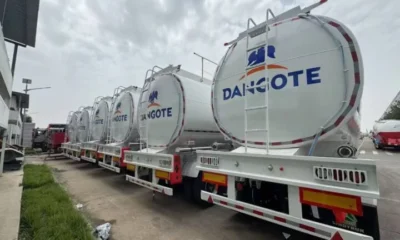
 BIG STORY3 days ago
BIG STORY3 days ago
 BIG STORY3 days ago
BIG STORY3 days ago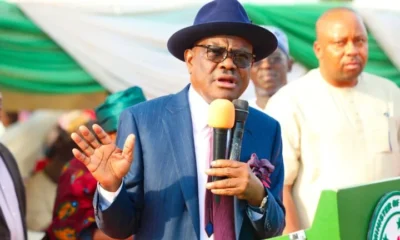
 BIG STORY5 days ago
BIG STORY5 days ago
 BIG STORY3 days ago
BIG STORY3 days ago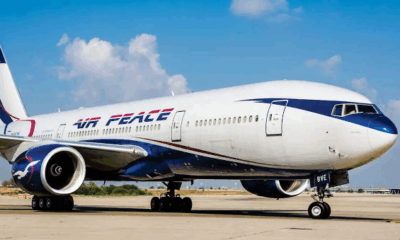
 BIG STORY3 days ago
BIG STORY3 days ago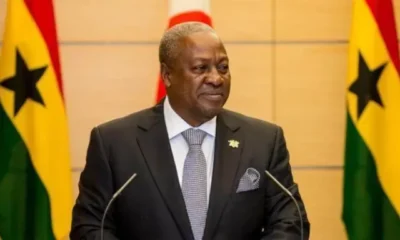
 BIG STORY4 days ago
BIG STORY4 days ago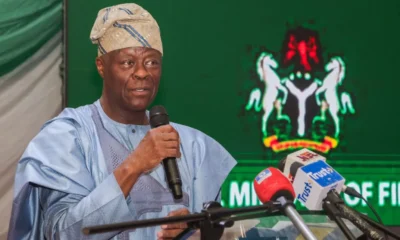
 BIG STORY5 days ago
BIG STORY5 days ago




